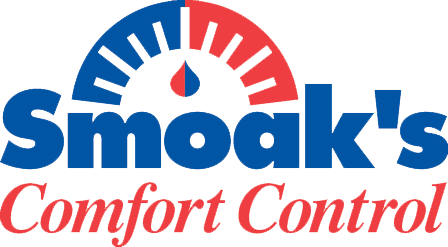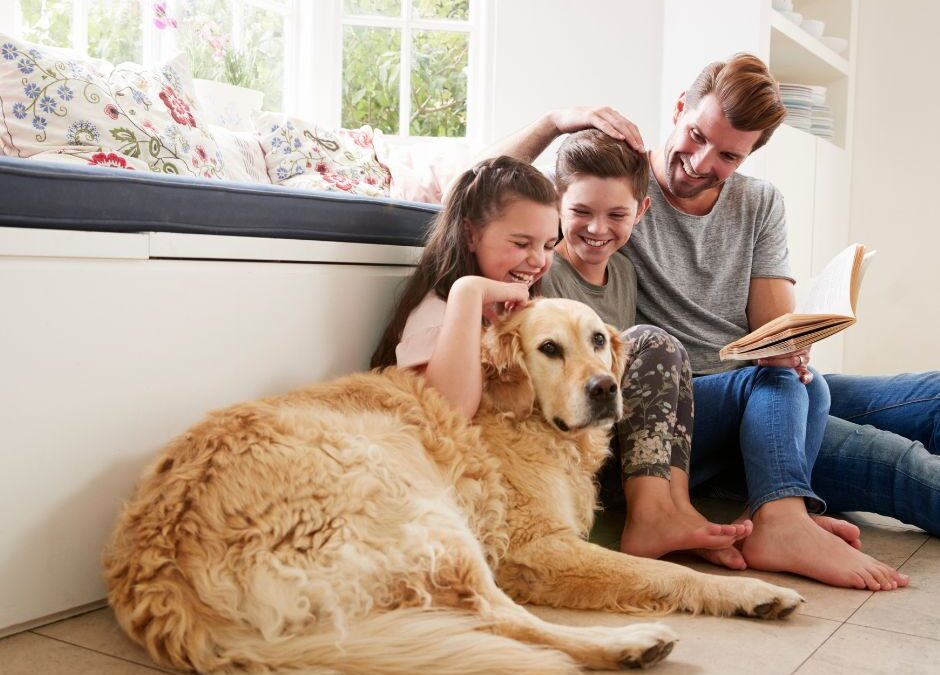As a pet owner, maintaining a comfortable and healthy home environment is crucial for the human occupants and our furry friends. Pets add joy and companionship to our lives but also introduce unique challenges to maintaining our home’s HVAC (Heating, Ventilation, and Air Conditioning) system.
This article provides essential HVAC tips for pet owners, focusing on managing pet hair and dander, choosing pet-friendly filters, and ensuring your HVAC system’s overall efficiency and longevity.
Understanding Pet Hair and Dander
Pet hair and dander are not just nuisances; they are significant allergens that can significantly impact the air quality in your home. When these particles circulate through your HVAC system, they can clog air filters and reduce efficiency. Regular grooming of your pet can minimize the amount of hair and dander in your home, which is crucial for maintaining a clean and healthy living environment.
Moreover, investing in a powerful vacuum cleaner designed for pet hair can help manage these allergens. Vacuuming your home frequently, especially areas where your pets spend most of their time, can prevent hair and dander from entering your HVAC system. This step is essential in keeping the air in your home clean and ensuring your heating and cooling systems run efficiently.
Tips for Managing Pet Hair at Home
Regular grooming of your pet can drastically reduce the amount of hair and dander in your home. Investing in a good vacuum cleaner designed for pet hair can also keep your living spaces cleaner and improve your HVAC system’s air quality.
Choosing Pet-Friendly Filters
The right air filter can significantly impact a pet owner’s home. High-efficiency particulate air (HEPA) filters or those with a high MERV rating are specifically designed to capture finer particles, such as pet dander, ensuring cleaner air circulation. These filters are a must-have for any household with pets, as they can trap the allergens that cause discomfort to humans and pets alike.
Routinely changing your HVAC filter is even more critical in homes with pets. Pet owners should consider replacing their air filters more frequently than the standard recommendation to maintain optimal air quality and system efficiency.
How Often to Change Your Air Filter
Pet owners should change air filters regularly, potentially more often than the standard recommendation, to ensure optimal air quality and HVAC efficiency.
Pet Access and HVAC Units
Outdoor HVAC units are often overlooked, yet they are vulnerable to damage by pets. Dogs may see these units as toys or territorial markers, leading to potential harm. Creating a physical barrier around your HVAC unit can prevent pets from getting too close, protect the unit from damage, and ensure it operates efficiently.
In addition to physical barriers, natural deterrents such as certain plants can keep pets away from these areas. Choosing pet-safe plants that will not harm your furry friends if they encounter them is essential. Protecting your outdoor HVAC units from pets helps avoid unnecessary AC repairs and ensures reliable heating and cooling performance.
Safe Enclosures and Deterrents
Creating barriers or using plantings that deter pets from getting too close to the HVAC units can prevent accidental damage.
Improving Indoor Air Quality
Indoor air quality is a significant concern for pet owners. Pets can bring in dirt, dust, and other outdoor allergens, producing dander. Air purifiers throughout your home can significantly improve the air quality, capturing pet dander, dust, and other allergens before they circulate through your HVAC system.
The Role of Air Purifiers and Humidifiers
Indoor air quality is a significant concern for pet owners. Pets can bring in dirt, dust, and other outdoor allergens, producing dander. Air purifiers throughout your home can significantly improve the air quality, capturing pet dander, dust, and other allergens before they circulate through your HVAC system.
Routine HVAC Maintenance
Routine HVAC maintenance is crucial in homes with pets. Professional HVAC services can inspect and clean your system, ensuring it operates efficiently and effectively. These services can identify potential issues and repair them before they become major problems, saving you money and extending the life of your HVAC system.
Pet owners should also engage in simple DIY maintenance and installation tasks, such as cleaning around indoor and outdoor units and ensuring vents are not blocked by furniture or pet beds. These tasks, while small, can significantly impact the efficiency of your heating and cooling systems, ensuring that your home remains comfortable year-round.
DIY Maintenance Tips for Pet Owners
Simple tasks like regular filter changes and keeping the area around your indoor and outdoor units clean can significantly affect your system’s performance.
Optimizing Your HVAC System
Optimizing the HVAC and heating system for pet owners also involves more than just setting a comfortable temperature. It means adjusting your thermostat to ensure your pets are comfortable even when you’re not home. This doesn’t just improve comfort; it can also save energy costs by ensuring your air conditioning and heating systems are not working harder than necessary.
Smart thermostats are an excellent investment for pet-friendly homes. These devices can be programmed to adjust the temperature based on your and your pets’ schedules, ensuring that your home is always at the perfect temperature. This level of control can contribute to significant savings on your energy bills and ensure that your pets are always comfortable, no matter the weather outside.
Smart Thermostats for Pet-Friendly Homes
Programmable thermostats can automatically adjust the temperature based on your pet’s needs and your schedule, ensuring comfort and energy efficiency together.
Emergency Preparedness
Extreme weather conditions pose unique challenges for pet owners. Ensuring your HVAC heating and air conditioning system is prepared for sudden temperature changes is crucial for your pets’ safety and comfort. This means having a reliable heating and cooling system and knowing how to address any HVAC issues quickly.
Preparing for emergencies also involves ensuring that your pets have a safe and comfortable space within your home. Whether in extreme heat or cold, your HVAC system keeps your pets safe. Regular checks and maintenance can ensure that your system is always ready to handle whatever Mother Nature throws your way.
Ensuring Pet Safety During Emergencies
Having a plan for your HVAC system during extreme temperatures can protect your pets from discomfort or health risks.
Common HVAC Issues for Pet Owners
Pet owners may face specific HVAC issues, such as clogged air filters due to pet hair and dander or damage to outdoor units. Awareness of these common problems can help you take proactive steps to prevent them. Regularly cleaning your air conditioner, changing your HVAC filter, and protecting outdoor units from pet access are simple measures that can significantly impact your system’s efficiency and overall comfort and health.
Moreover, working with reputable HVAC contractors who understand the unique needs of pet owners can ensure that your system is properly maintained and equipped to handle the added strain of hair and dander. These professionals can offer tailored advice and solutions, ensuring your HVAC system is optimized for a pet-friendly home.
Maintaining an HVAC system in a home with pets requires special consideration but is essential for the health and comfort of all occupants. Routine HVAC maintenance, choosing the proper air filters, and making minor adjustments for your pets can significantly impact your system’s effectiveness and longevity.
Scheduling professional HVAC maintenance in Summerville, SC, and the surrounding areas can help ensure your system is pet-ready and efficient all year long.

